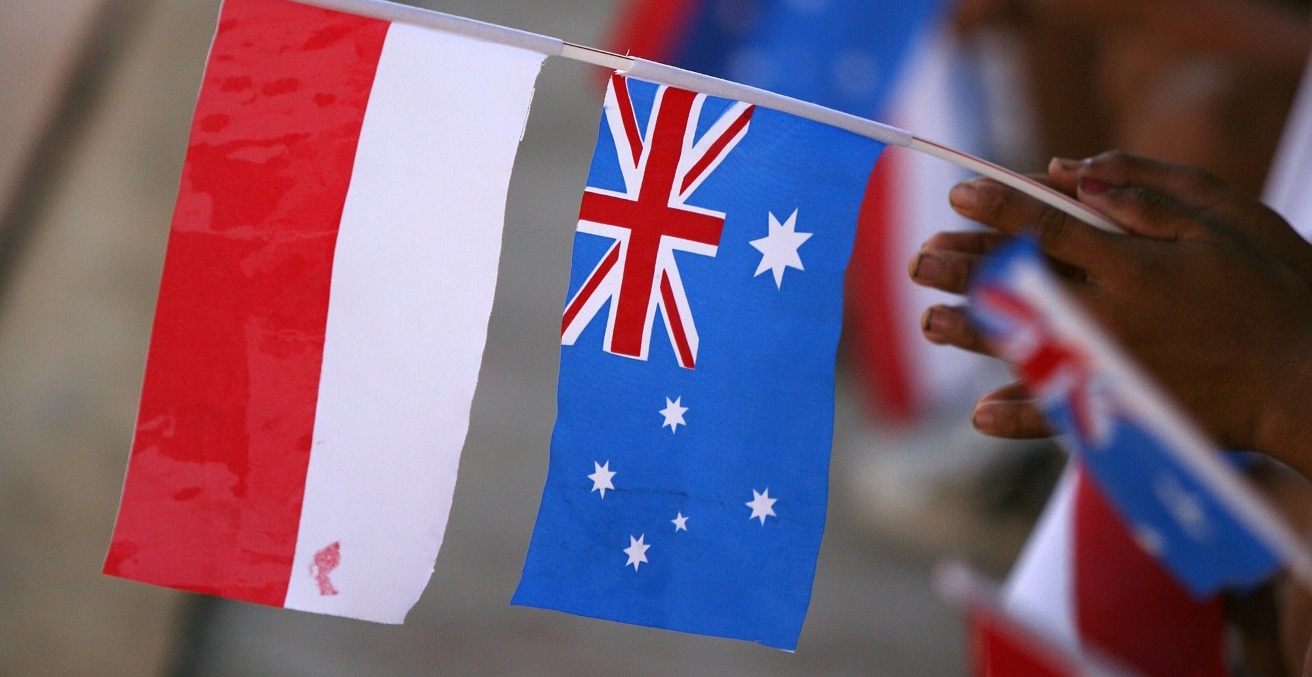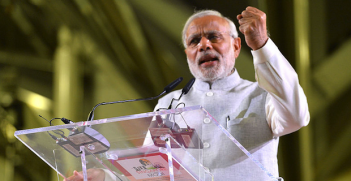Understanding Australia-Indonesia Relations in the Post-Authoritarian Era

Little analytical heed has been paid to the particular effects of Indonesia’s democratic transition on its relations with Australia. Indonesia’s democratisation experience did not ameliorate old constructs and resentments, but on occasions served to exacerbate them.
The contrast between the repressive and authoritarian nature of Suharto’s military-backed regime and Australia’s Western liberal democracy seemed at the heart of a turbulent and highly sensitive bilateral relationship. It was assumed, therefore, that democratisation in Indonesia (reformasi) would significantly improve Australia-Indonesia relations through the convergence of the two countries’ shared democratic values. But the empirical evidence suggests otherwise.
The Australian government not only bore close witness to Indonesia’s political transition, but at various junctures was an active participant in shaping the institutions and values of the post-authoritarian state. Australia was compelled in policy terms to contend with a state buffeted simultaneously by the effects of the Asian Financial Crisis, internal political upheaval, and violent communal conflict. For both Australia and Indonesia, democratisation carried it with it the real possibility of remaking a bilateral relationship seemingly constrained by the sensitivities and repression of the authoritarian New Order regime.
Resilience and respect are key to understanding contemporary Australia-Indonesia relations. A perceived lack of regard by Australian governments for Indonesia’s national sovereignty and core interests has been the catalyst for frequent political tensions, challenging cultural difference as the explanatory variable for all manner of “crises” in the bilateral relationship. As strategic analyst Ristian Supriyanto observed, “showing empathy is about communication, not culture.” Resilience, on the other hand, can be appreciated as the “power of ready recovery.” The inherent resilience in post-authoritarian Australia-Indonesia relations is evident in the ability of the relationship to return to “business as usual” or even strengthen following political tensions, shocks, and disjunctures.
The nadir of the post-authoritarian bilateral relationship was the East Timor Crisis. Yet paradoxically, Indonesia and Australia began collaborating remarkably quickly following the crisis, revealing a level of resilience often overlooked in scholarly, media, and policy analysis. From 2002-2005, a series of shocks and disjunctures served to underpin the importance of closer bilateral cooperation, particularly in the face of non-traditional security threats. This trend was buoyed by shifts in Indonesia’s post-authoritarian polity which served to moderate bilateral tensions. Indonesia’s post-authoritarian rise in international economic and political influence has reduced the government’s tolerance for perceived diplomatic slights, and at the same time, boosted the salience of Indonesia’s sovereignty-based norms. Broad-based bilateral cooperation, combined with regional systemic changes driving closer cooperation between like-minded middle powers, served to moderate the negative impacts of bilateral differences.
In the early reformasi period, the need for Indonesia to build good relations with neighbouring democracy, Australia, was given added impetus by its endeavour to recraft its international identity as the world’s third largest democracy. As the world’s largest Muslim majority state, the domestic political ramifications of the September 11 terrorist attacks and subsequent US-led invasions of Afghanistan and Iraq carried with them the capacity to divide Indonesian society. Sheer pragmatism following the loss of dozens of Australian and many more Indonesian lives from a series of terrorist attacks and natural disasters required that Indonesia accept the practical law enforcement and security assistance proffered by Australia.
In this sense, the shocks and disjunctures coinciding with Indonesia’s democratic transition provided government-to-government relations with a significant boost. The increasing policy alignment with respect to an emphasis on good governance and the increasing salience of transnational threats further cemented broad-based cooperation at the interagency level underpinned by a plethora of bilateral partnership agreements.
Yet, constructs and perceptions, particularly at a societal level in Australia, remained surprisingly constant despite profound political reforms within Indonesia. And although democratisation ameliorated human rights abuses in East Timor, the single biggest irritant in Indonesia-Australia relations, in reality a perceived lack of respect toward Indonesia, manifest in surprise policy announcements and negative media coverage, continued to cause bilateral irritations. Indonesia’s rise, when combined with greater contestability within its democratic foreign policy milieu, inserted an element of volatility and assertiveness into Indonesia’s bilateral relations with its neighbours, including with Australia.
However, tensions, on the whole were moderated by strong executive support for closer ties, evident in both the Yudhoyono and Jokowi eras. There are powerful relationship determinants, largely immune to regime type. Australia’s balancing utility for Indonesia against China, clearly transcends differences in political regimes. Indonesia’s diplomatic support for the inclusion of Australia in the evolving regional architecture, such as the East Asia Summit, represents a key continuity in relations between the late authoritarian era and democratic period.
Examination of relations over the last twenty years reveals an increasing convergence on regional foreign policy issues of substance and an enduring commitment to collaborative middle power diplomacy. Given the importance of Australia and Indonesia’s diplomatic agency in the Indo-Pacific region amidst rising trade and strategic tensions, the inherent resilience in the bilateral relationship should not be obscured by a predisposition for difference. Greater awareness of an entrenched heuristic bias in understanding Australia-Indonesia relations is necessary across all constituencies of the bilateral relationship if the partnership is to reach its full potential.
Dr Greta Nabbs-Keller is a Research Fellow at The University of Queensland’s Centre for Policy Futures.
This is an extract of Keller’s article in Volume 74, Issue 5 of the Australian Journal of International Affairs titled, “Understanding Australia-Indonesia relations in the post-authoritarian era: resilience and respect.” It is republished with permission.





